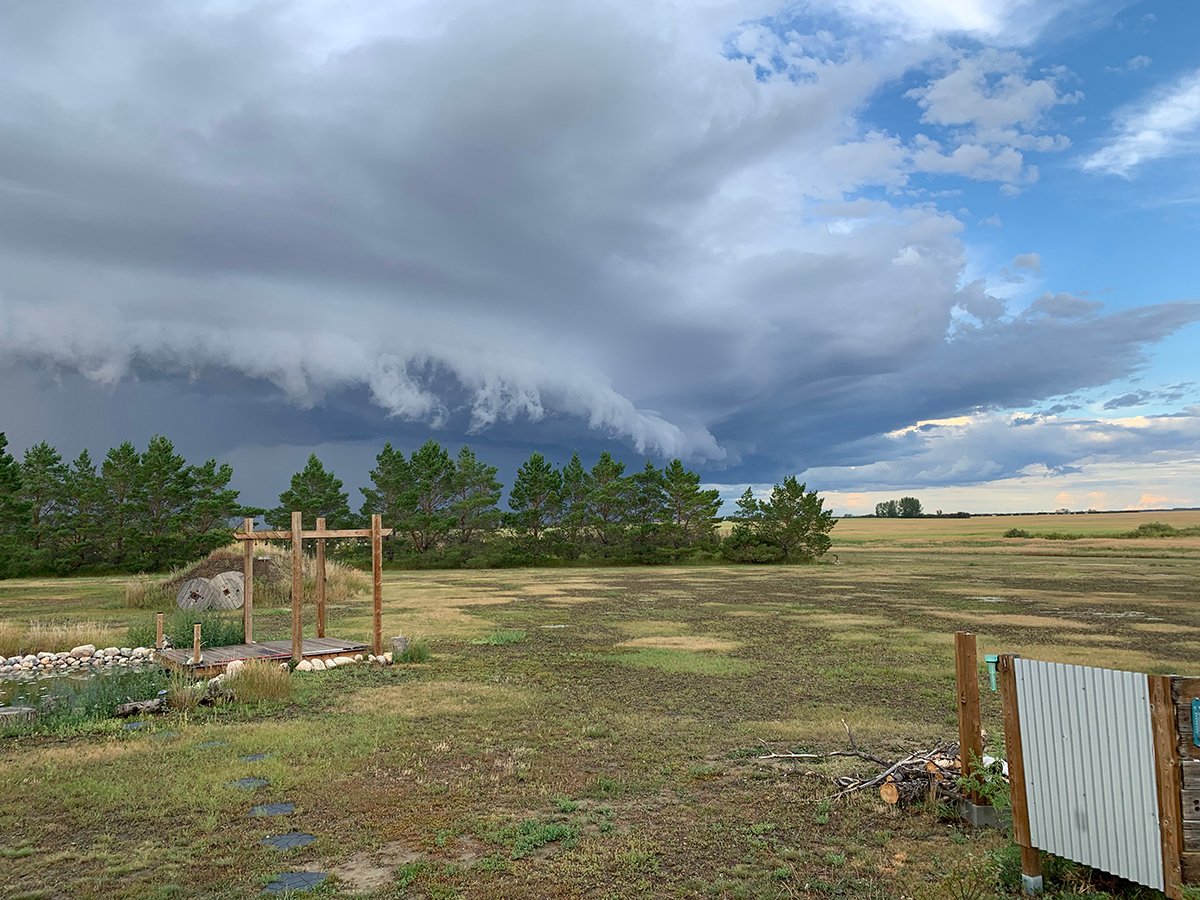When negotiators at the World Trade Organization meet in Geneva during the last week in May, they will turn to the nitty-gritty issues in the market access debate, says Canada’s chief agriculture negotiator.
That means discussion of Canada’s contention that supply managed sectors should be considered “sensitive” under WTO rules and not subject to tariff cuts, Steve Verheul said May 9.
“I think at the next meeting we’ll be getting closer to the horse trading required,” he said. “But I don’t think we’ll be talking about specific details of over-quota tariff cuts. I believe that will be deferred to Hong Kong.”
Read Also

Storm dynamics and extreme rainfall
Besides moisture, instability and orographic lift, the next biggest factor that contributes to heavy or extreme rainfall is storm dynamics.
In December, WTO trade ministers will meet in Hong Kong and sensitive political issues will be on the agenda.
Verheul said negotiators are working within a framework that suggests market access will be increased through a combination of minimum access guarantees and tariff reductions. Ministers will have to decide what that means and how it applies to commodities in specific countries.
However, the fact that detailed and intensive negotiations on market access rules will happen at the end of May is possible only because ministers from 30 countries meeting in Paris last week found a way around a technical disagreement that had stalled talks on market access for months.
It was an extremely technical issue about how to convert fixed dollar tariffs into tariffs calculated as a percentage of the value of the import. The result in Paris was a compromise agreement on whether tariff conversions would reflect world or domestic commodity prices.
But while the detail was dense, the implication was not.
WTO negotiators are supposed to create the outline of a settlement by the end of July. Negotiations on export subsidies and domestic support had made progress but market access talks had bogged down over the technical dispute and a July outline on agriculture was not likely unless all three areas were included.
Last week may have broken that logjam, said Verheul.














